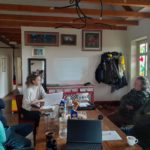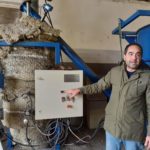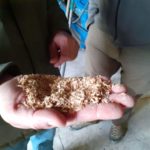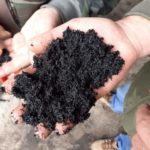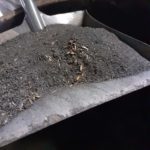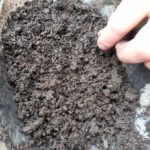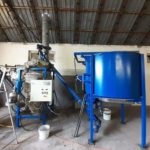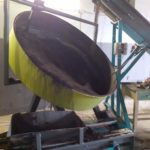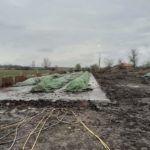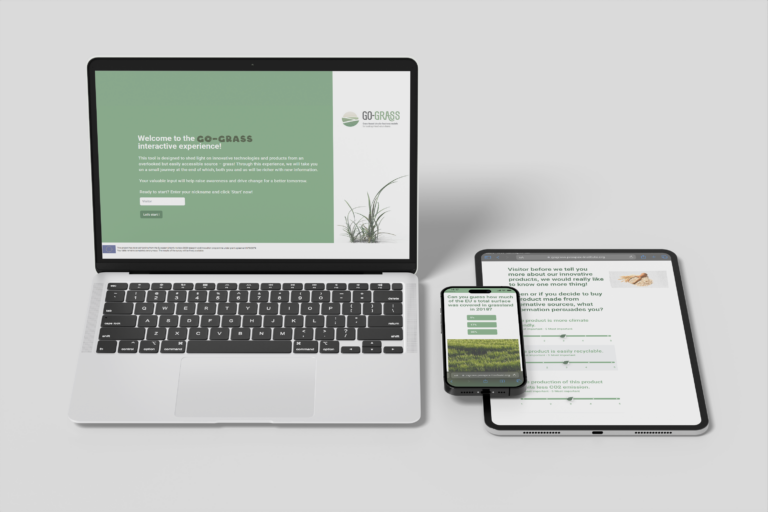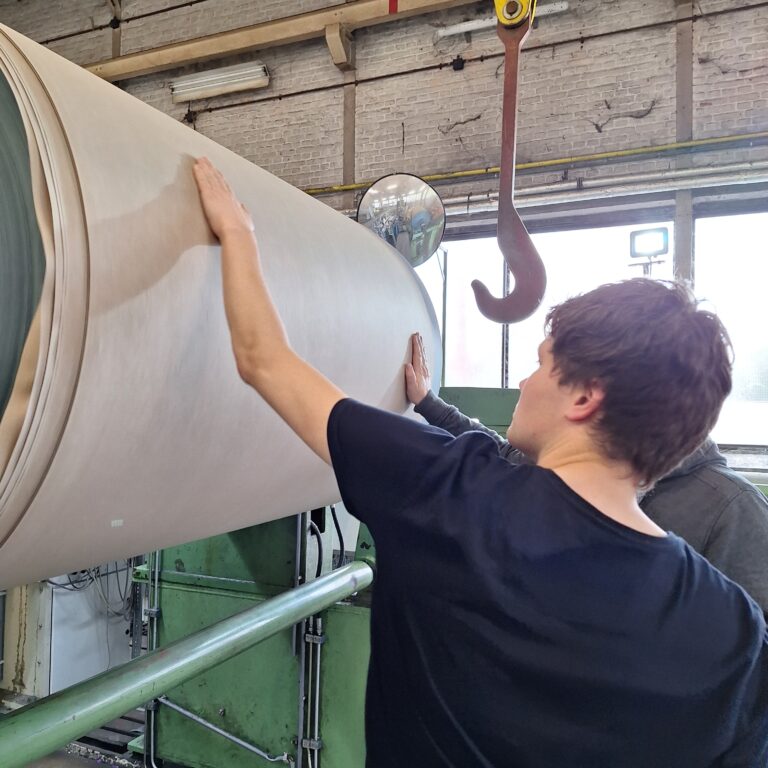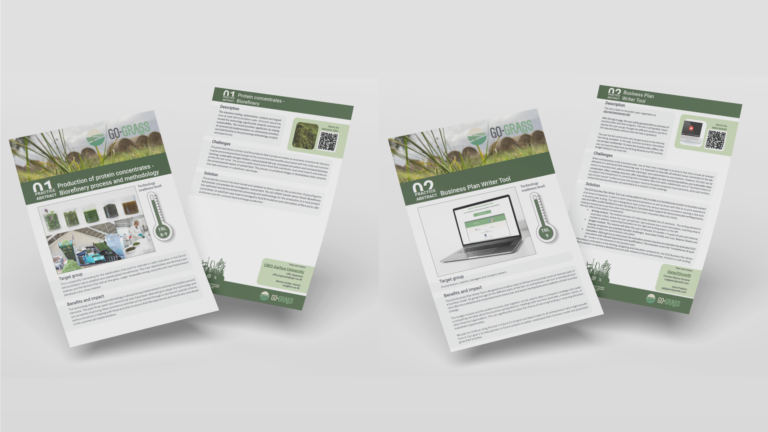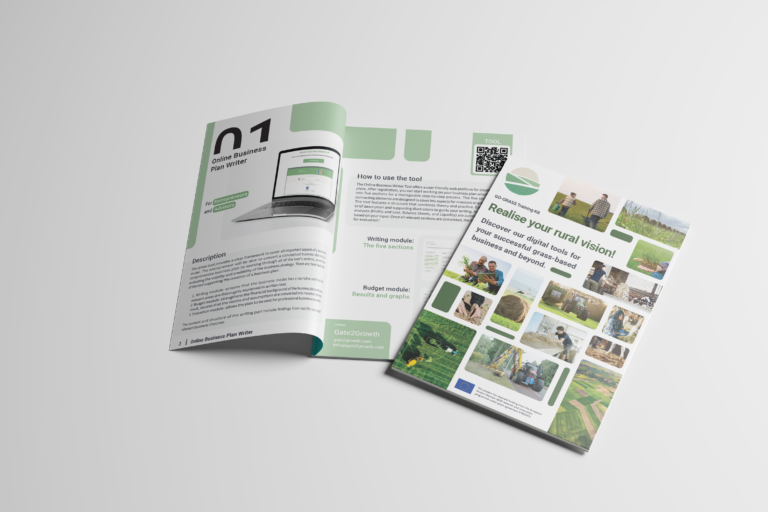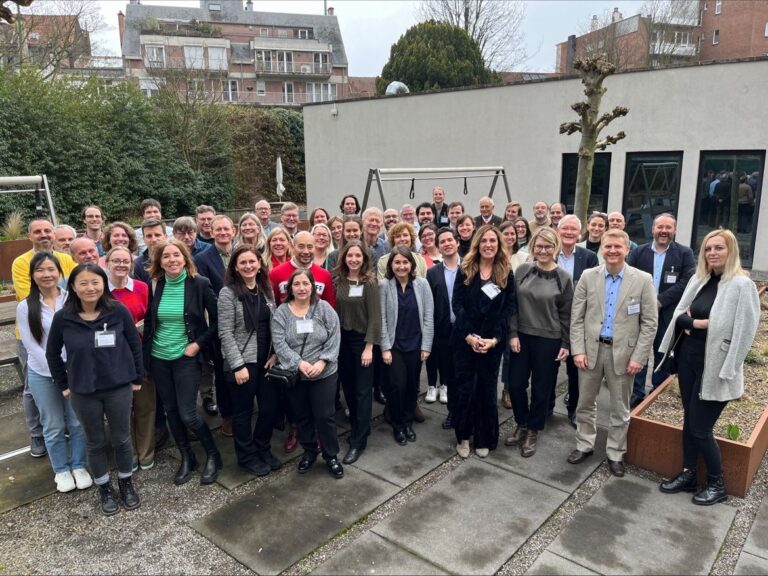The first Hungarian replication workshop was organised on 14 October 2022 in Budapest
The participants were invited as part of the national expert group established in October 2020. The main task of the expert group is to jointly select the most adaptable example of the demo sites, to identify the environmental, economic, regulatory challenges, to develop a domestic value chain, sustainable business models and financing strategies based on the selected example. During the first workshop the focus was on the raw material availability, agro-technology, logistics and it was pointed out that experts consider the German and Danish demo to be the most feasible examples.
In the German demo’s case it was concluded that the ideal location would be in or close to an area with a combination of intensive grassland, Natura 2000 grassland, national park areas and organic grassland, as this would produce the sufficient amount of yield. In addition, neglected grassland areas would be included, e.g. where mowing is not carried out due to difficult conditions, however it could have a positive ecological impact on the environment. Grass mown for landscape rehabilitation could also contribute to biochar production, which could be used as a supplement to higher yielding grassland.
In relation to the Danish demo replication it was concluded that Hungarian grasses are poor in protein and the operation of such a facility is unlikely to be able to compete with plants specialising in other protein crops, such as alfalfa, grown under intensive conditions for protein concentrate production.
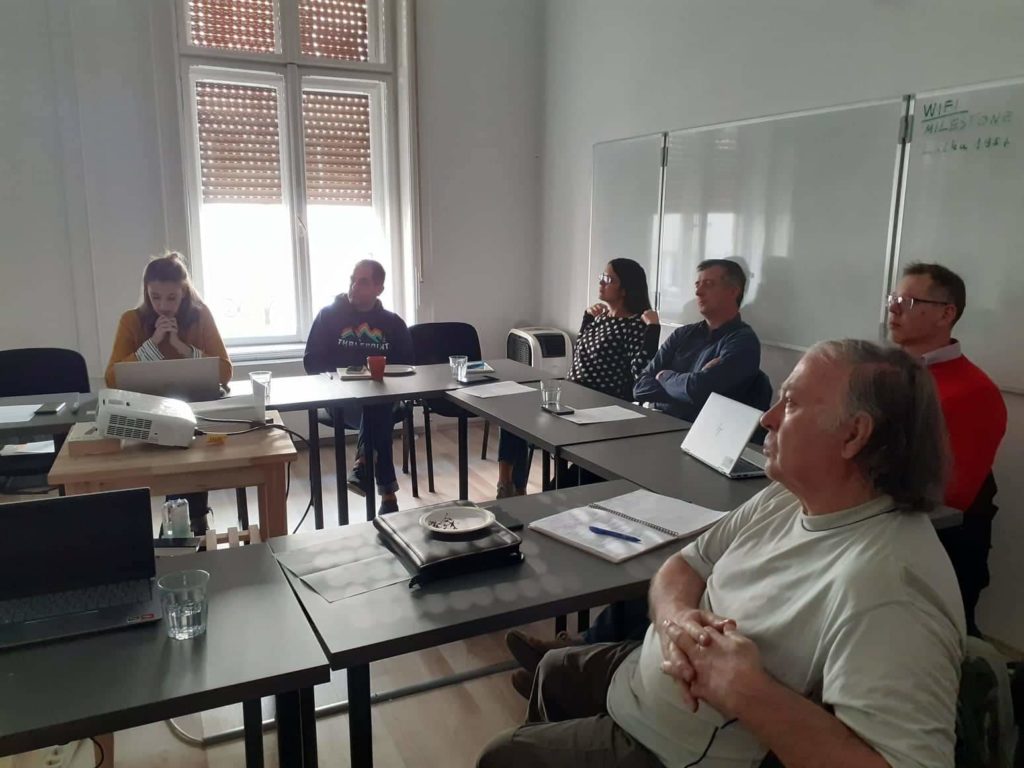
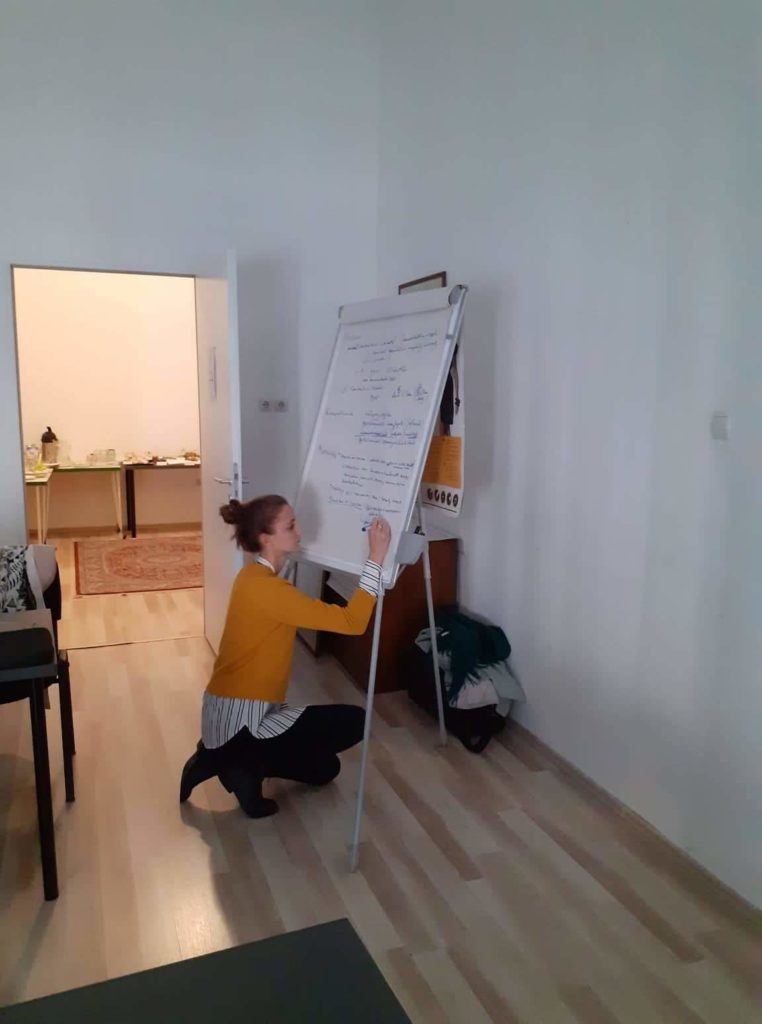
The second replication workshop was held on 5th of December 2022 in Túrkeve at Agrofutura kft.
The aim of the second replication workshop was not only to learn about the domestic possibilities, but also to give our expert group a closer look at the biochar production process, as German Demo replication is the most interesting one in the national network. The opportunity was provided by Gábor Szőllősi, Managing Director of Agrofutura Kft., so in addition to the workshop, the participants had the opportunity to have a 1.5 hour field trip. Following the concept mentioned previously, during the second workshop the focus was on technology and market.
In terms of location, the Hand its surroundings could be a suitable area for a small-scale biochar plant. The swampy area with many abandoned fields could produce a larger amount of grass, and the surrounding farmers and the national park have the machinery to harvest grass. Regarding the technology, the pelleting solution needs further elaboration and will be based on the solution developed during the German demo. Possible uses of the biochar produced could be selling to neighbouring vegetable growers, applying it as a fertiliser substitute or in one of the participant’s case, use mainly as animal feed.
Regarding the parameters that can be provided by intensive alfalfa cultivation, the domestic replication of the Danish demo was not found feasible due to lack of competitiveness and it was concluded that Hungarian followers will focus exclusively on the replication of the German demo.
